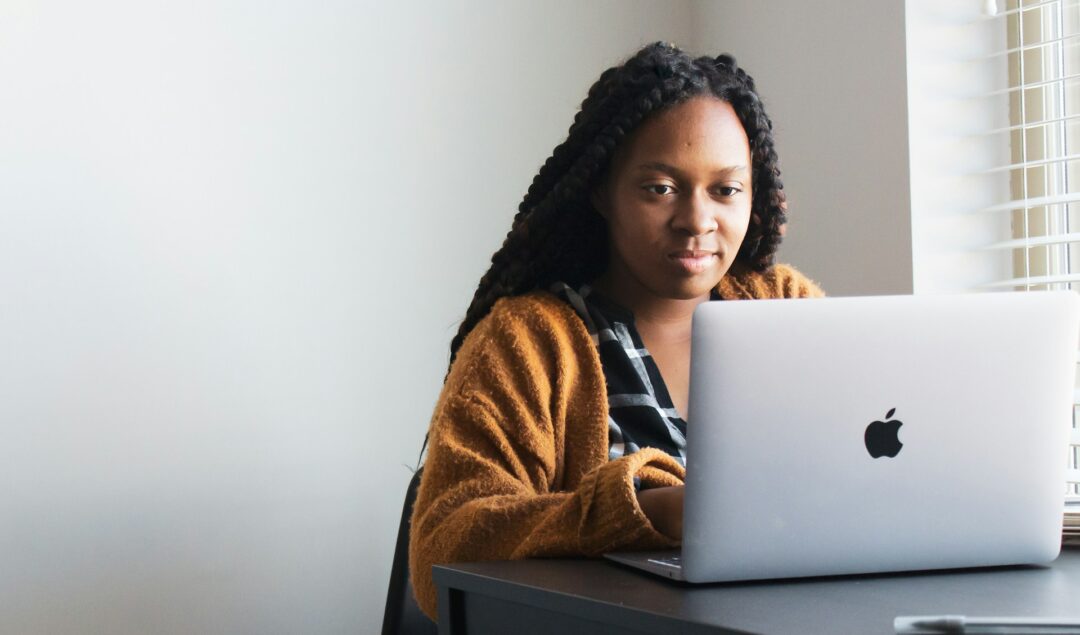Nearly Half Of Black Women With Disabilities Are Turning To Self-Employment

Amid rising unemployment rates for Black women, many with disabilities are seeking self-employment, according to a new study from Georgia State University and Wayne State University.
Published in June in the Journal of Multicultural Counseling and Development, the research analyzed US Census Bureau data, including responses from 91 Black women with physical or mental disabilities. Nearly 44% reported being self-employed.
Why are Black women with disabilities turning to self-employment?
Counselors who work with Black women with disabilities say the findings provide important insights, as employment is a “key social determinant of health.”
“Black women with disabilities can create their own paths to financial independence, and they can thrive and survive in the labor market with the right tools,” Gemarco Peterson, assistant professor of clinical rehabilitation counseling at Georgia State, said in a press release on the study.
Additionally, the researchers found that Black women with physical disabilities were more likely than Black women without disabilities to have a graduate degree and have an annual income in excess of $50,000.
Women of color struggle to obtain leadership positions
Researchers suggest self-employment could help Black women overcome barriers to leadership. In 2021, Black women held just 4.3% of managerial roles in the US, compared with 32.6% of white women, according to research by Durham University.
A 2024 report by McKinsey & Co. and Lean In also noted that women of color remain “vastly underrepresented” in leadership positions, despite modest gains over the past decade.
Black women and unemployment rates
Meanwhile, unemployment rates for Black women are climbing. The Bureau of Labor Statistics reported that rates rose from 5.1% in March 2025 to 6.1% in April. It reached an all-time high in May at 6.2% before dropping to 5.8% in June, according to data from the Bureau of Labor Statistics reported by The 19th.
Unemployment rates for white and Asian women remained close to 3% and 5% for Latinas, in comparison.
Black women also face the longest periods of unemployment before finding another job, with the average waiting time being six months for the demographic group.
Image: Daniel Thomas



